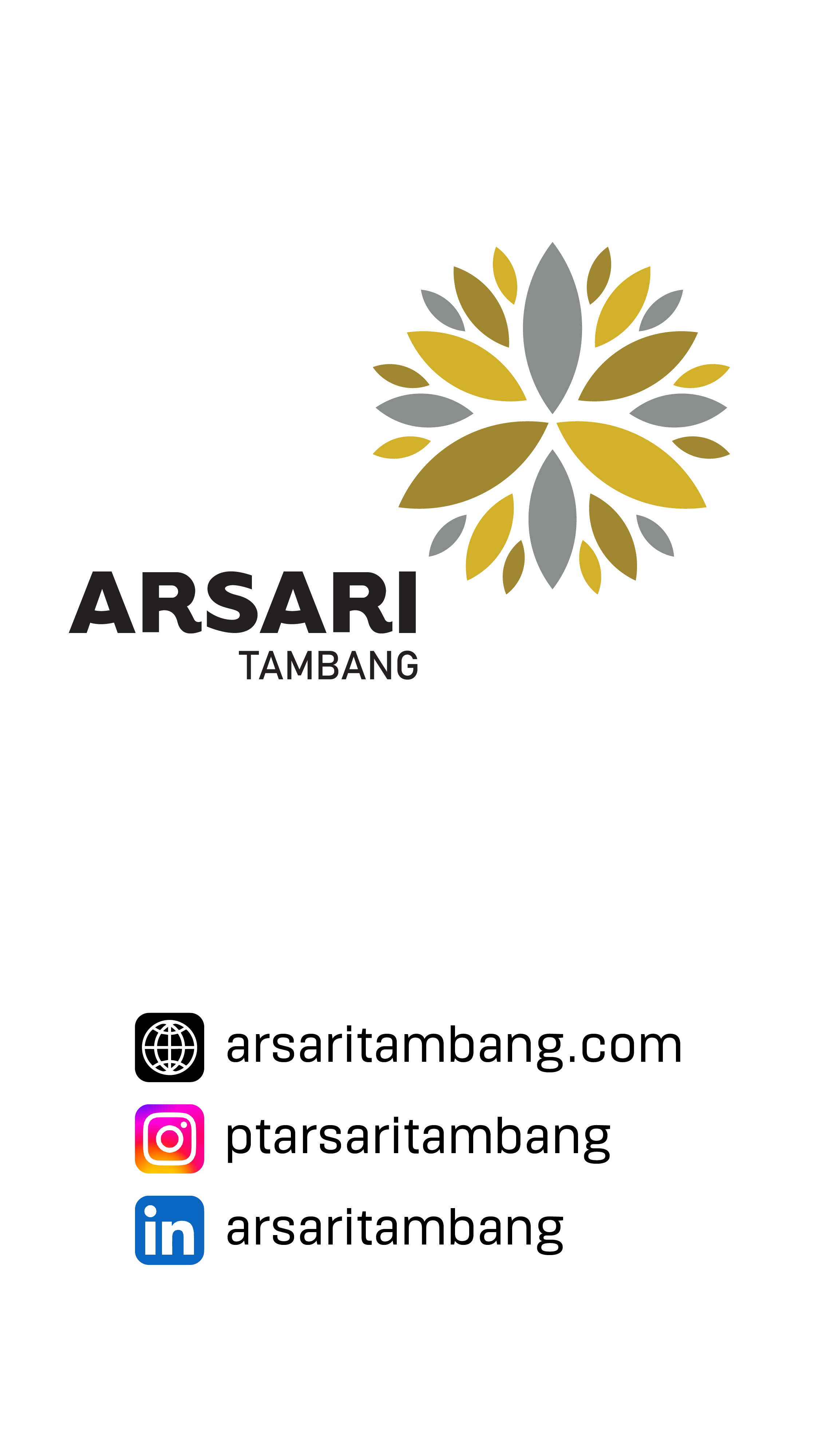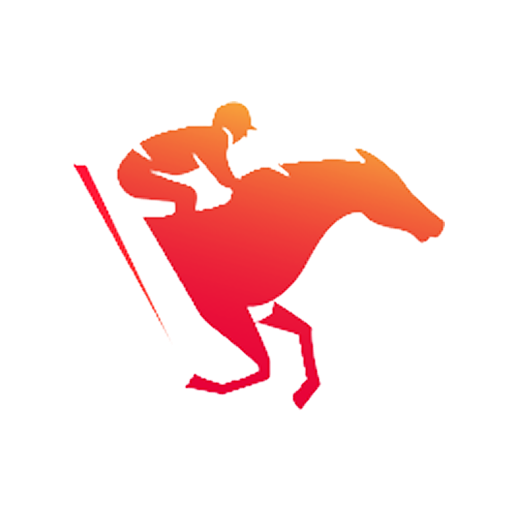





SARGA.CO – As we celebrate the Independence Month, let’s take a moment to look toward Nanggroe Aceh Darussalam (NAD). In the highlands of Gayo, Central Aceh, there is a horse racing tradition that comes alive every August 17th.
While other towns celebrate independence with cracker-eating contests or sack races, here in Central Aceh, the air vibrates with the thunder of hooves pounding the earth—like a rhythm of freedom itself.

Today, Pacu Kude is held every Independence Day and also during the anniversary of Takengon City. Crowds flock to watch young jockeys ride Gayo horses bareback—everyone united in joy and excitement.
For the Gayo people, Pacu Kude is not just a race. It is a symbol of togetherness, a spirit of resilience, and a way of celebrating independence with pure happiness.



This tradition is far from new. Dating back to the 19th century, around the 1850s, the Gayo people already held horse races as both entertainment and a way to give thanks after the rice harvest. As a tradition, Pacu Kude has several unique features that set it apart from ordinary horse racing.
So, what makes it unique? Let’s take a look.




The first striking feature is how the jockeys ride. Don’t imagine them sitting comfortably on saddles—because there are none. Throughout the race, the jockeys control their horses bareback.
They grip tightly with their legs and hold firmly with their hands, moving as though fused with the horse’s body. Every leap is not just a contest of speed, but also a daring test of courage.

Even more remarkable is that many of the jockeys are children—some still in elementary school, others in junior high. Their light bodies allow the horses to run faster. Though small, their bravery is immense, and the crowd always erupts in cheers as these young riders race alongside their mighty steeds.




The horses themselves are special. Known as Gayo horses, they are the result of crossbreeding Australian horses with local stock. Shorter than typical racehorses, their stature makes them agile, quick, and resilient on the track.



For the Gayo community, Pacu Kude is more than a competition. It is entertainment, a place for social bonding, and a lively marketplace. Traders come from surrounding regions, tourists gather, the local economy thrives, and the city buzzes with life.




This tradition nearly vanished during the Japanese occupation, but the community’s spirit brought it back. Today, Pacu Kude is inseparable from Independence Day celebrations—its thundering hooves echoing the people’s joy and freedom.




















































Install SARGA.CO News
sarga.co